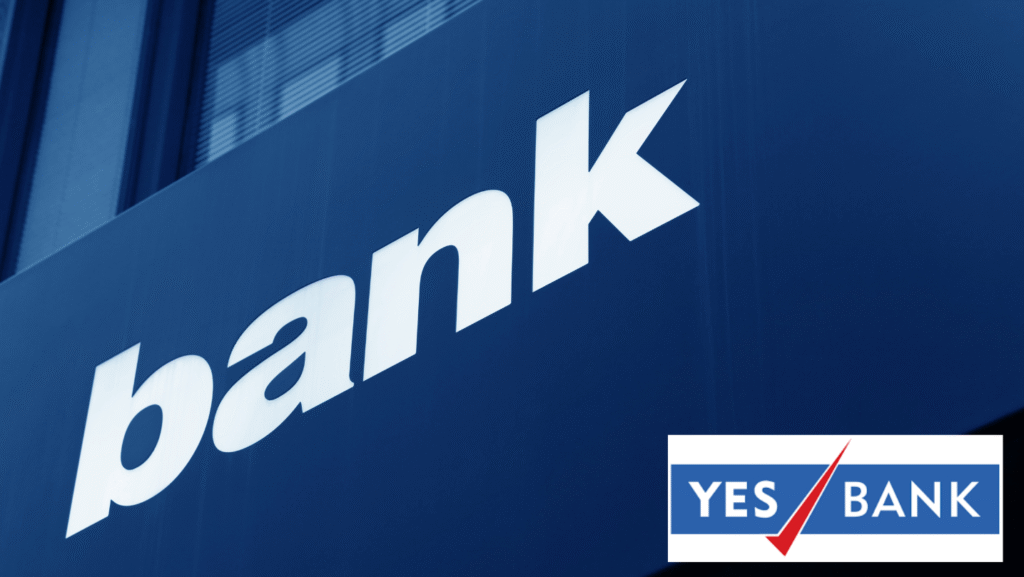
” The New India Cooperative Bank General Manager has been arrested for the misappropriation of ₹122 crore. This blog post delves into the scandal, its implications, and the lessons learned for the future of cooperative banking in India. “
In a shocking turn of events, the New India Cooperative Bank has found itself at the center of a major financial scandal. The recent arrest of Hitesh Mehta, the General Manager of New India Cooperative Bank, has sent shockwaves through the financial community. Accused of misappropriating ₹122 crore, Mehta’s actions have raised serious concerns about the integrity and security of banking operations. This blog post delves into the details of the incident, its impact on the bank and its customers, and the measures being taken to prevent such occurrences in the future.
Background of New India Cooperative Bank
Established Scheduled Bank status on November 1st 1990, New India Cooperative Bank has been a cornerstone of the cooperative banking sector in India. With 30 branches across Mumbai, Surat, and Pune, the bank offers a range of services including savings accounts, loans, and investment options. Known for its customer-centric approach, the bank has built a reputation for reliability and trust over the years.
The Incident
The New India Cooperative Bank, a prominent name in the cooperative banking sector, has been in operation for several decades, serving millions of customers across the country. However, the recent arrest of its General Manager has cast a dark shadow over its reputation. According to reports, On February 15, 2025, the Mumbai police’s Economic Offences Wing (EOW) arrested Hitesh Mehta, the General Manager and Head of Accounts at New India Cooperative Bank, for allegedly misappropriating ₹122 crore. The investigation revealed that the misappropriation began shortly after the COVID-19 pandemic broke out, with funds being siphoned off from the bank’s Prabhadevi and Goregaon branches.
Investigation Details
The investigation, led by the EOW, involved meticulous scrutiny of the bank’s financial records and transactions. Officials discovered that Mehta, along with his associates, had embezzled ₹112 crore from the Prabhadevi branch and ₹10 crore from the Goregaon branch. The case was registered under sections 316 (5) (criminal breach of trust by public servants, bankers, and others in positions of trust) and 61 (2) (criminal conspiracy) of the Bharatiya Nyaya Sanhita..
The Modus Operandi
The investigation revealed that the General Manager employed several tactics to carry out the fraud. These included:
- Fictitious Loans: The accused allegedly sanctioned loans to non-existent customers or shell companies. These loans were never repaid, and the funds were diverted to personal accounts.
- Manipulation of Accounts: The General Manager is said to have manipulated the bank’s accounting records to hide the fraudulent transactions. This involved creating false entries and altering financial statements to show a healthy financial position.
- Collusion with Staff: It is believed that the General Manager colluded with other bank employees to facilitate the fraud. These employees allegedly helped in creating fake documents and covering up the discrepancies.
- Use of Benami Accounts: The misappropriated funds were reportedly transferred to benami (anonymous) accounts to avoid detection. These accounts were then used to launder the money and invest in various assets.
The Impact on Customers and the Bank
The misappropriation of ₹122 crore has had a significant impact on the New India Cooperative Bank and its customers. The bank, which was already facing financial difficulties, has seen a further erosion of its capital base. This has raised concerns about its ability to meet its obligations to depositors and other stakeholders.
For customers, the scandal has led to a loss of trust in the bank. Many are worried about the safety of their deposits and are considering withdrawing their funds. This could lead to a run on the bank, further exacerbating its financial troubles.
The scandal has also highlighted the vulnerabilities in the cooperative banking sector. Cooperative banks, which are often seen as a more accessible alternative to commercial banks, are now under scrutiny for their governance and risk management practices.
Regulatory Response and Legal Proceedings
In response to the scandal, the Reserve Bank of India (RBI) has stepped in to assess the situation and take necessary actions. The RBI has the authority to impose restrictions on the bank’s operations, including limiting withdrawals and appointing an administrator to oversee its management.
The Economic Offences Wing (EOW) has filed a case against the General Manager and other involved parties. They are facing charges of criminal breach of trust, cheating, and forgery, among others. If convicted, the accused could face severe penalties, including imprisonment and hefty fines.
The case has also prompted calls for stricter regulations and better oversight of cooperative banks. Experts are urging the RBI and the government to implement measures to prevent such frauds in the future, including regular audits, enhanced transparency, and stronger enforcement mechanisms.
Lessons Learned and the Way Forward
The New India Cooperative Bank scandal serves as a stark reminder of the importance of robust governance and oversight in the banking sector. It underscores the need for cooperative banks to adopt best practices in risk management, internal controls, and transparency.
Here are some key lessons and recommendations for the way forward:
- Strengthening Internal Controls: Cooperative banks must implement stronger internal controls to detect and prevent fraud. This includes regular audits, segregation of duties, and the use of advanced technology to monitor transactions.
- Enhancing Transparency: Transparency is crucial in building trust with customers and stakeholders. Cooperative banks should disclose their financial statements and other relevant information in a timely and accurate manner.
- Improving Governance: The governance structure of cooperative banks needs to be strengthened. This includes appointing qualified and independent directors, establishing audit committees, and ensuring that the management is accountable to the board.
- Regulatory Reforms: The RBI and the government should consider regulatory reforms to address the vulnerabilities in the cooperative banking sector. This could include stricter licensing requirements, enhanced supervision, and the establishment of a dedicated regulatory framework for cooperative banks.
- Customer Awareness: Customers should be made aware of the risks associated with banking and the importance of due diligence. They should be encouraged to report any suspicious activities and to choose banks with a strong track record of governance and financial stability.
The arrest of the New India Cooperative Bank’s General Manager for the misappropriation of ₹122 crore is a wake-up call for the entire banking sector. It highlights the need for stronger governance, better oversight, and greater transparency in cooperative banks. While the immediate impact of the scandal is significant, it also presents an opportunity for the sector to learn from its mistakes and take steps to prevent such incidents in the future.
As customers and stakeholders, it is important to remain vigilant and demand accountability from financial institutions. Only through collective efforts can we ensure the integrity and stability of the banking system, which is the backbone of our economy.
Final Thoughts
The New India Cooperative Bank scandal is a stark reminder that no institution is immune to fraud and mismanagement. It is a call to action for regulators, bankers, and customers alike to work together to build a more resilient and trustworthy banking system. By learning from this incident and implementing the necessary reforms, we can hope to prevent such scandals in the future and restore faith in the cooperative banking sector.
-
Spirit Airlines Bankruptcy and Flight Cancellations — The Real Reason!
Spirit Airlines just canceled hundreds of flights across 15+ US airports — and the list keeps growing. Fort
-
Gold and silver rates today: Latest Rates in all Major Cities February 20, 2026
Gold prices exploding ₹15,649/g? Silver crashes 23%—now rebounding at ₹270/g! Uncover shocking volatility secrets, city tables (Delhi to
-
Indian Stock Market Trends: Sensex & Nifty Plunge on Geopolitical Tensions
Sensex crashes 1,200 pts! Nifty bleeds—oil shock or buy signal? 7.4% GDP hides secret rebound clues. ONGC surges
































